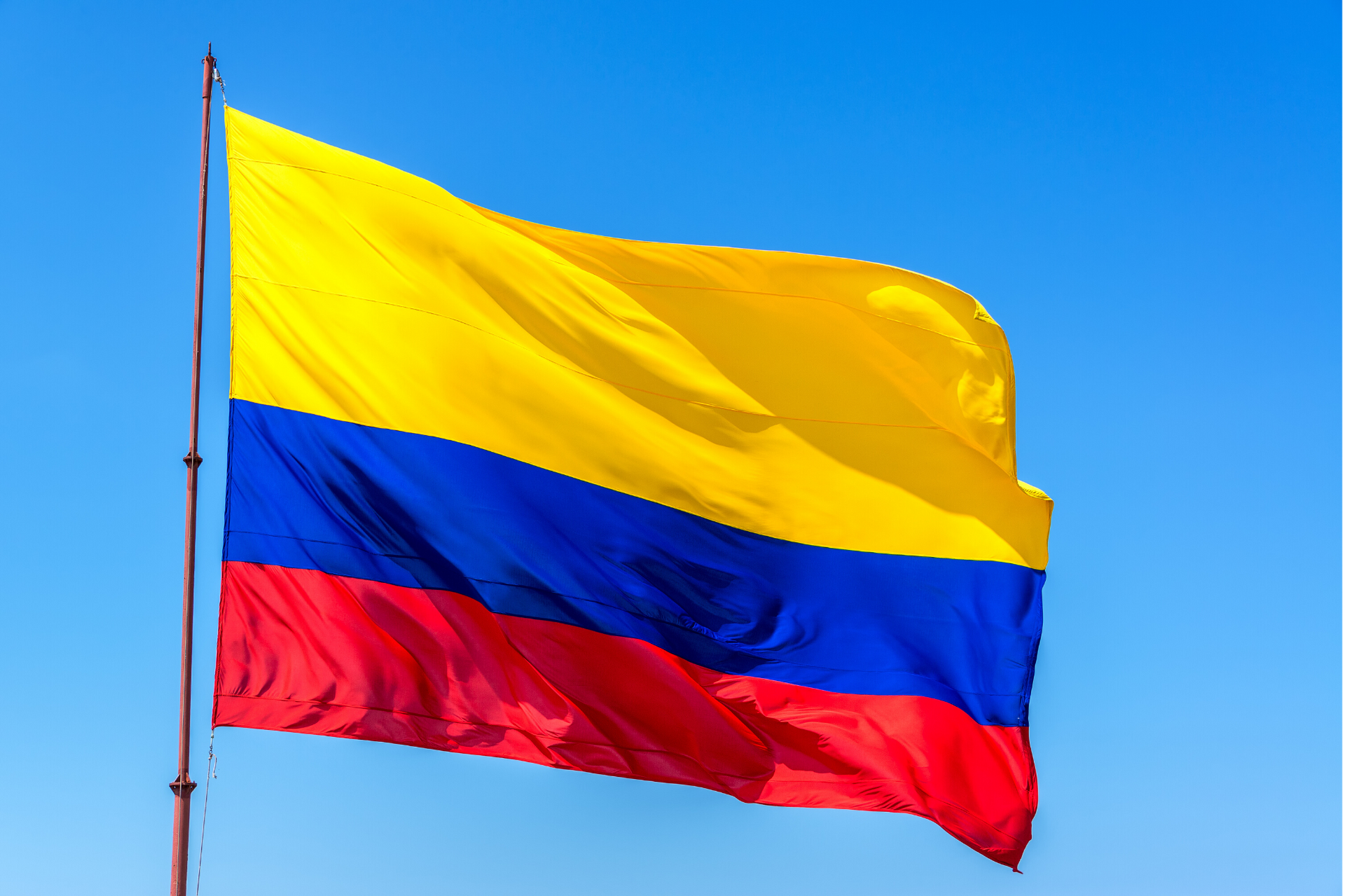Civil society organizations discuss the challenges for Afro-LGBT victims of the armed conflict with the Colombian Truth Commission
On June 25 and 26, Colombia’s Commission for the Clarification of Truth held a virtual meeting with the leaders of Afro-LGBT organizations in Valle del Cauca, Nariño and the Caribbean […]

On June 25 and 26, Colombia’s Commission for the Clarification of Truth held a virtual meeting with the leaders of Afro-LGBT organizations in Valle del Cauca, Nariño and the Caribbean region. During the meeting, these leaders discussed their work with representatives from the Commission’s Working Group on Gender and its Office for Ethnic Peoples, drawing on their experiences to express the importance of an intersectional approach in the Commission’s work.
This meeting took place under the auspices of a project being carried out by the International Institute on Race, Equality and Human Rights (Race and Equality) with the support of the Canadian government. The project seeks to highlight the needs of Afro-LGBT victims of Colombia’s armed conflict and bring awareness to the particular impact of the conflict on people with diverse gender identities and expressions. “This type of discussion space is very important for ensuring the participation of Afro-LGBT organizations in the Comprehensive System of Truth, Justice and Reparation, especially now that public participation has been limited by the COVID-19 pandemic,” said Laura Poveda, Race and Equality’s legal consultant for Colombia.
During the two-day dialogue, participants discussed how racism and discrimination based on sexual orientation/gender identity intersected in the course of the conflict. They also discussed the barriers to achieving truth and justice in the cases of Afro-LGBT conflict victims.
Sandra Arizabaleta, the director of the Cali-based organization Somos Identidad, remarked that LGBT people who belong to a racialized group suffer violence that seeks to remove any trace of an Afro and LGBT identity from the conflict zones. She informed the group that dispossession, displacement, sexual violence and forced disappearance were all prevalent among Afro-LGBT victims. These tactics were utilized to uproot victims from their territories and their communities.
Vivian Cuello, an activist with Caribe Afirmativo, reiterated activists’ call for the Truth Commission to analyze the violence suffered by groups that are smaller in number, but whose experiences must be brought to the fore in order to avoid perpetuating such violations. She mentioned the human rights violations suffered by LTB women, trans men and LGBT youth as cases to which the Commission should bring attention in its final report.
Angelo Muñoz and Franklin Quiñonez, both part of the Arco Iris de Tumaco Foundation, pointed out that official facts and figures about these cases will be necessary in order to fight impunity. “These cases must be visible in order to overcome complacency about discrimination and violence against Afro-LGBT people and build trust between victims and official entities,” said Quiñonez.
Alejandra Londoño, a member of the Commission’s Working Group on Gender, emphasized that in order for the Commission to complete its mission of clarifying the causes, course and impacts of the conflict, it must achieve legitimacy among conflict’s victims, whose work has already extensively documented the conflict and its impacts. She expressed the need for the Commission to work together with Afro-LGBT organizations, particularly given the obstacles that COVID-19 presents for collaboration between the state and civil society.
The civil society representatives expressed the same goal, arguing that discrimination in state entities and the historical absence of the state from Colombia’s countryside played a major role in past failures to address violence. They recommended that the Commission incorporate these realities into its work on non-repetition, along with the poverty and exclusion faced by Afro-LGBT people to this day. They also recommended efforts to support LGBT visibility and leadership in Afro-descendant communities.

